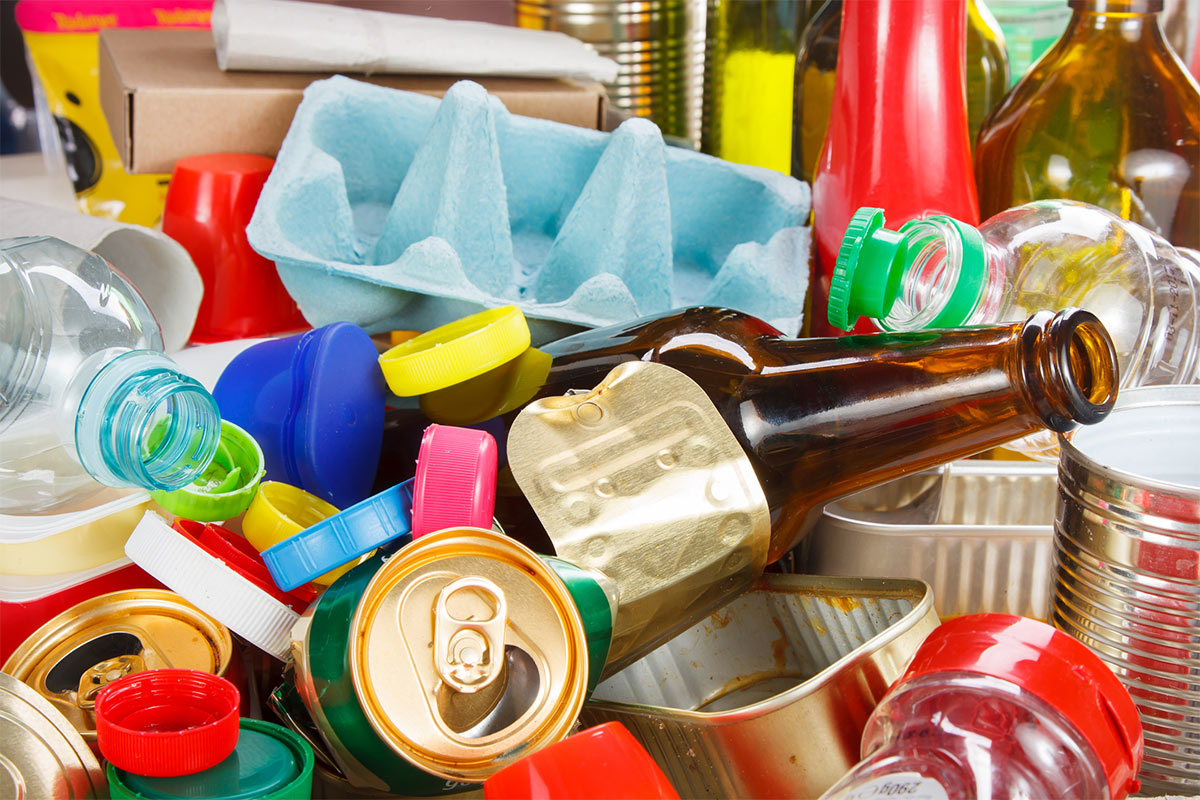
The waste management industry doesn’t really do technology – with many companies reluctant to even get a website or offer online bookings. But as the planet continues to produce waste & pollution, that could be about to change. We take a look at some of the most promising technologies & innovations that could could solve the world’s waste problem.
Collecting rubbish automatically
As reported by Greener Ideal, automated waste collection is an idea that is rapidly growing in popularity. It has the potential to reduce traffic, cut costs and reduce pollution all at the same time.
The process would use an underground network of tubes linking homes and businesses to a central waste collection centre. People would have a bin for general waste, organic waste, and recyclable materials, and would sort their rubbish and recycling as they already do. When the bins get full, the bottom would open up to “flush” the waste out through vacuum tubes. No more putting the bins out!
Although the technology has been tested in a small number of locations, it has yet to achieve mainstream success.
Anaerobic digestion
There are two pressing issues at the forefront of global concern — the need for sustainable fuel, and the issue of rising waste. We can’t keep using landfills forever and greenhouse gas levels are constantly rising. With anaerobic digestion, we might just have found an answer for both problems.
According to Waste Management World, the technology could be one of the most important developments the waste management sector has ever seen.
Waste is broken down by microorganisms in an oxygen-less environment. The remaining solid material can be used as fertilizer, while the biogas it produces can be used for energy. Anaerobic digestion has the potential to effectively dispose of organic waste, while at the same time providing a clean energy source. That said, the technology doesn’t come cheap – large tanks and process vessels are needed for it to work on a commercial scale.
Enzyme and oils
Similar to anaerobic digestion, enzymes can be used to create biodiesel from old cooking oil. Eversa is one example of an enzymatic solution available for commercial use. The technology can take low-grade oils and convert them into biodiesel, which in turn lowers the cost of raw materials for biodiesel producers.
Eversa is one of the few biodiesel processes that doesn’t use sodium methoxide, a highly hazardous chemical. Needless to say this is beneficial to both human and environmental safety.
Waste management apps for your smartphone
As the waste management industry is slowly embracing technology, a number of smartphone apps have become available to help you manage waste more effectively and responsibly:
SkipBuddy for Android and iOS
One of the UK’s leading waste management companies, Reconomy, has created the SiteBuddy app. Using the app you can hire, off-hire, exchange, or reorder a range of skips, from wait and load skip hire to hazardous waste skips.
The app also allows you to respond to any on-site issues or project developments quickly and efficiently – without any delay from phone calls or waiting to book an order. It’s also fully integrated with the Reconomy online portal.
You can download SkipBuddy from Google Play and the Apple App Store.
Too Good To Go for Android and iOS
This app was designed to tackle the issue of unnecessary food waste. Too Good To Go allows people to buy food that restaurants or shops were going to throw away (excess and surplus at the end of the working day) for a reduced price. They claim to have saved 2.5 million meals’ worth of surplus food from going to waste!


